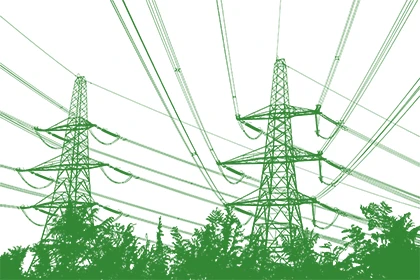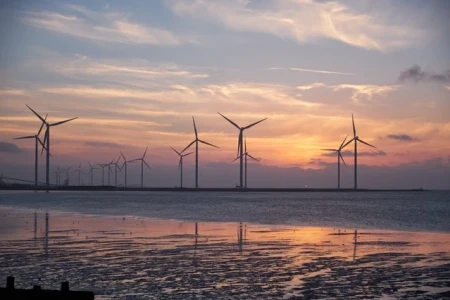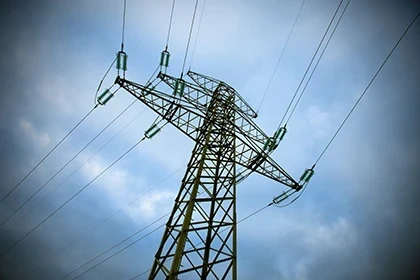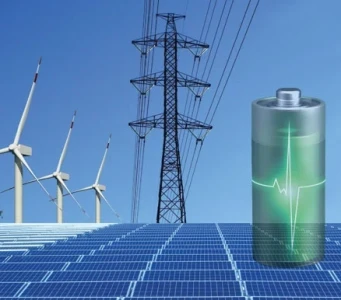Climate Change Impacts and Adaptation Efforts in British Columbia

As of early May 2025, British Columbia is experiencing significant climate-related challenges, including rising temperatures, increased wildfire risks, and ecological disruptions. These developments underscore the urgency for comprehensive adaptation strategies to safeguard communities and ecosystems.
Escalating Wildfire Risks
The province is witnessing an early onset of wildfire season, with 107 active fires reported. Experts attribute the heightened risk to a combination of warmer temperatures and prolonged drought conditions. The BC Wildfire Service has indicated a "high potential for an active spring wildfire season," emphasizing the need for preparedness and swift response measures.
Ecological Disruptions in Urban Forests
In Vancouver's Stanley Park, climate change is manifesting through the proliferation of the western hemlock looper moth, which has led to the death of approximately 160,000 trees. These moths thrive in warmer winters, facilitated by climate change, and have caused significant ecological damage to the park's century-old trees.
Urban Heat and Infrastructure Challenges
Projections indicate that by 2050, Vancouver's climate could resemble that of San Diego, with average summer temperatures rising and increased occurrences of "tropical nights." This shift necessitates urgent adaptations in urban planning and infrastructure to mitigate heat-related health risks and manage water resources effectively.
Strategic Adaptation Initiatives
In response to these challenges, Vancouver has updated its Climate Change Adaptation Strategy, focusing on enhancing resilience against extreme heat, poor air quality, drought, extreme rainfall, and sea level rise. Key initiatives include:
-
Urban Greening: Expanding tree canopy coverage to 30% by 2050 to provide natural cooling and improve air quality.
-
Building Retrofits: Upgrading 30 buildings to enhance cooling and reduce emissions.
-
Green Infrastructure: Implementing green rainwater infrastructure across three hectares of city streets to manage stormwater and mitigate urban heat island effects.
-
Coastal Adaptation: Developing a city-wide coastal adaptation policy to address sea level rise and coastal flooding.
Community Engagement and Equity
The strategy emphasizes equity, recognizing that climate change disproportionately affects vulnerable populations. Each action plan incorporates equity outcomes, ensuring that adaptation measures benefit all residents, particularly those most at risk.
British Columbia's proactive approach to climate adaptation, exemplified by Vancouver's updated strategy, sets a precedent for other regions facing similar challenges. By integrating climate resilience into urban planning and community development, the province aims to safeguard its residents and ecosystems against the escalating impacts of climate change.








